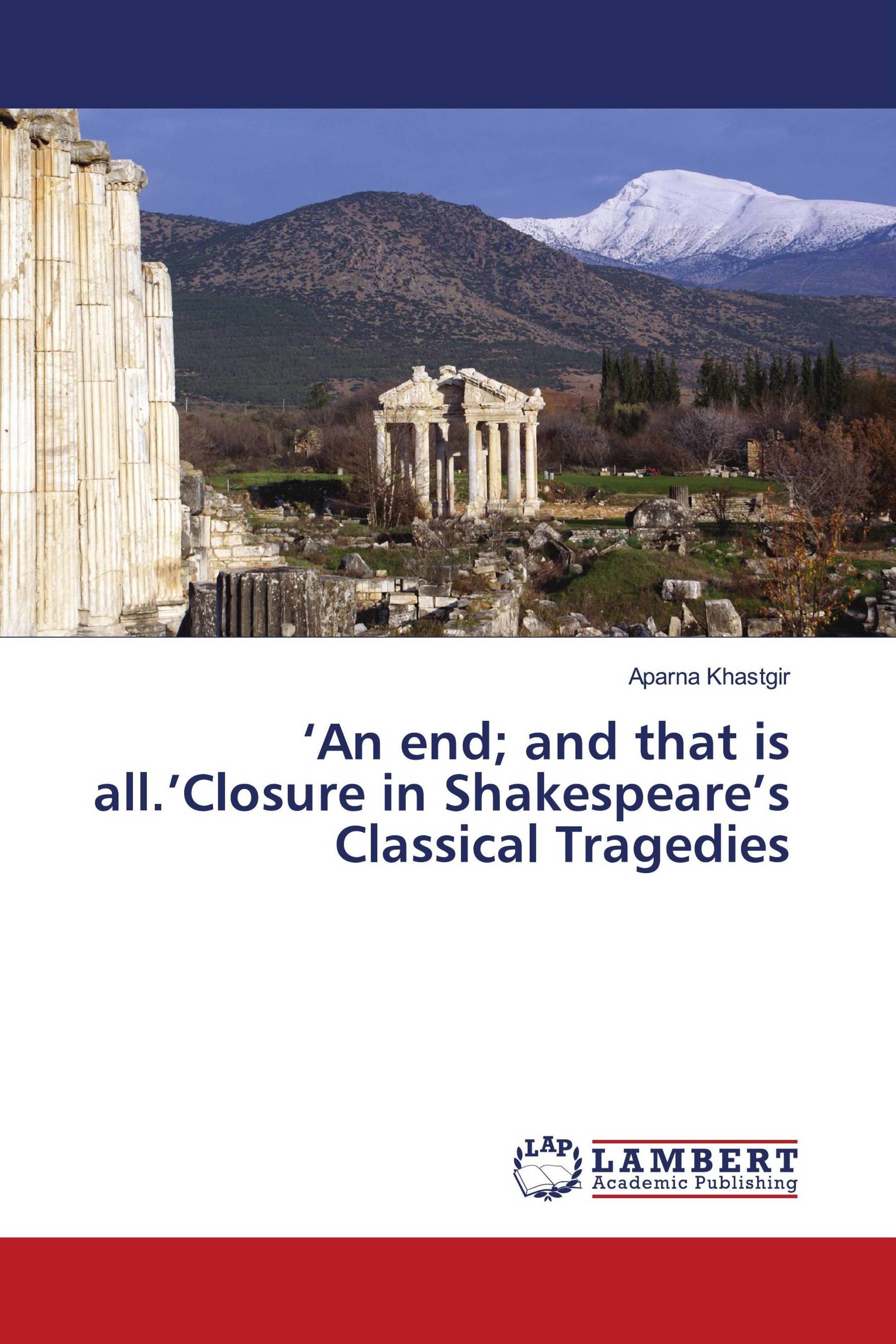‘An end; and that is all.’Closure in Shakespeare’s Classical Tragedies
LAP Lambert Academic Publishing ( 2025-03-17 )
€ 91,90
The book examines the conventions and significance of endings in Shakespeare's classical tragedies and poetry, analysing how they engender multiple and ambiguous interpretations that contribute to shaping closures. In the body of literature set in the classical world, closure is often linked to the delineation of boundaries that serve dual functions: they can mitigate political unrest by transforming external threats into manageable entities, or they can serve to suppress human desire and ambition. In works such as Venus and Adonis, The Rape of Lucrece, and Titus Andronicus, the endings function as forms of consolation, effectively shielding against external dangers or subsuming internal disorder. Conversely, the notion of closure in Julius Caesar, Antony and Cleopatra, Timon of Athens, Coriolanus, and Troilus and Cressida is reinterpreted by making it act, first, as an impediment that obstructs the protagonists' aspirations and ambitions and, second, as a criterion for the critical assessment of human potential, evaluated against the diverse endeavours, accomplishments, and failures of authoritative figures.
Book Details: |
|
|
ISBN-13: |
978-620-8-43558-5 |
|
ISBN-10: |
6208435587 |
|
EAN: |
9786208435585 |
|
Book language: |
English |
|
By (author) : |
Aparna Khastgir |
|
Number of pages: |
292 |
|
Published on: |
2025-03-17 |
|
Category: |
Renaissance, Enlightenment |




